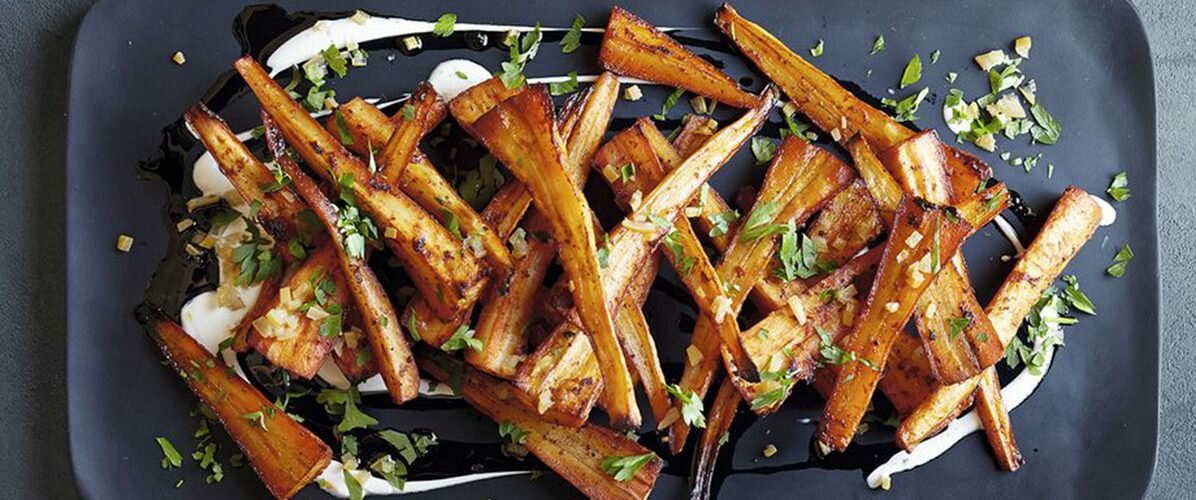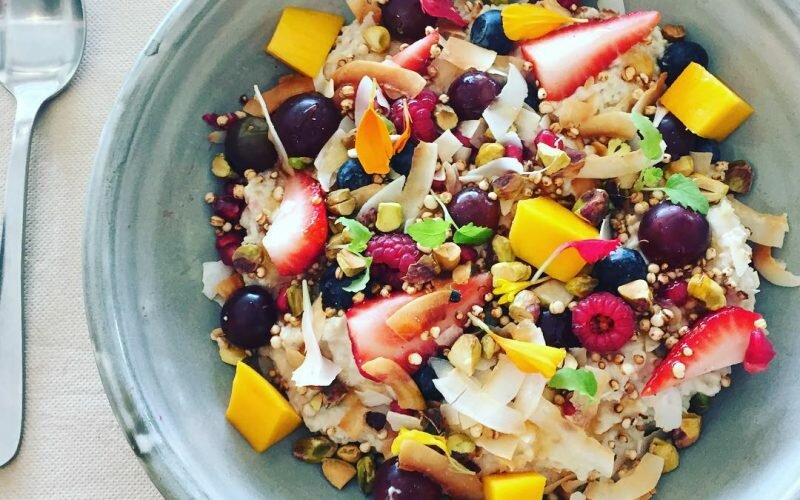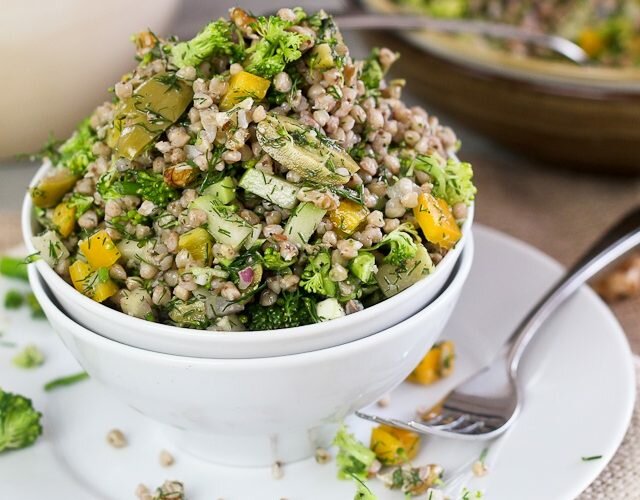Uh-oh. It is 2:45pm. You can feel it coming. A chocolate craving steam train ready to take you express to your nearest 7 Eleven. You probably shouldn’t. But you jump on board, and momentarily, the 3pm slump has been curbed – only to slump again a short while later.
Sustaining energy throughout a day is a challenge for most. We have demanding lives and expect a lot of our minds and bodies. What we eat is our fuel for our body, and food choices will heavily impact how we function and cope at different times of day.
Striking that balance
What we want is to say ta-ta to blood glucose, insulin and cortisol highs and lows – as this drives the desire for quick pick-me-ups, but long term this roller coaster is inflammatory, damaging to our body, and darn hard work.
Let us consider the macronutrients. Ultimately you want each meal to comprise of mostly plant sources of wholefood fat, some protein, and a form of complex, wholefood carbohydrate.
Healthy fats are our friends and they are YUM! Consuming fat in forms of avocado, nuts, seeds, olives, oily fish, and oils such as first cold pressed olive, coconut, flaxseed, avocado and macadamia, will satiate and offer slow, steady source of energy alternative to simple carbohydrates.
Protein is not only satisfying; it is essential to countless body functions, including muscle synthesis, immunity, digestion, mood and sleep to name a few. Nearly all food contains protein, with legumes, beans, nuts, seeds, eggs, and animal products being popular sources. Whilst protein can be converted into glucose for energy, this is a comprehensive process. So by ensuring we have fat and some complex carbohydrate in our meals we can let the protein do all its other important jobs, and leave the source of energy to its macronutrient mates.
Complex carbohydrates and fibre have their role to play, even in low carbohydrate diets. Vegetables act as heroes advocating always for our health and should be a huge part of every meal. Also enjoy some whole grains such as brown rice, quinoa (even though it is technically a seed!), buckwheat amaranth, millet, barley, wheat berries and others.
This is particularly important at dinner. Complex carbohydrates are involved in the biochemical process allowing serotonin, the precursor to melatonin, to have its effects on the brain to encourage sleep. And a good night of sleep leads to more energy the next day. And you’re lees likely to reach for that Oero or Coke. Which is what we want right?
How much of what?
When it comes to portion sizes, every person has different requirements. Overall, it is likely we eat too much (discussed further below). Primarily, your plate should be filled mostly with veg! Try 1-2 fist sizes of protein and complex carbohydrate, topped with the healthy fat. Experiment with various ratios and monitor your energy and sleep levels over a 24hour period, then adjust as required.
So let’s have a look at some simple tips to help you fire up, and power on throughout each day!
TIP 1: Eat an awesome, nutrient dense breakfast.
Start the day with foods that will leave you full, sustained and satisfied. Include wholefood versions of fat and protein, and some carbohydrates. For example:
- Savoury: poached eggs on sweet potato and olive oil mash, or grilled mushrooms drizzled with olive oil, with fresh or lightly steamed greens, and avocado, on the side.
- Sweet: overnight bircher made with ground flaxseed/linseed, chia, sunflower and pumpkin seeds, coconut/almond milk, cinnamon, and organic berries or grated organic apple with skin, with full fat organic reek yoghurt/coconut/almond milk to serve. Pea & rice protein powder can be added if you feel the need for a protein boost.
TIP 2: Bring lunch and snacks from home.
Often there are not many good food or energy sustaining food options in your day. A little preparation can go a long way! This doesn’t necessarily mean locking yourself away in the kitchen the evening before. Instead, try:
- Preparing a batch of snacks on Sunday afternoon for the week
- Having on hand 5-6 ingredients you can throw together into a salad in 5 minutes. For example, in a container add a big handful of spinach, thinly sliced broccoli, some of last night’s roast pumpkin, half a tin of black beans, half an avocado, and top with pumpkin seeds, fresh herbs, and a drizzle of olive oil and lemon. Voila!
- Making extra at dinner to have as leftovers
TIP 3: Make dinner matter
Dinner can be the time when stuffing ones face in front of the TV becomes the norm. This can lead to overeating. Smaller meals ease the burden of digestion overnight, when your body wishes to rest and repair. And there is less likelihood for excess calories floating about.
Including all the wholefood macronutrients, as mentioned above, is critical to create the environment for sleep onset and maintenance.
Eating slow releasing energy foods at night helps mitigate possible blood glucose lows, which can occur in the middle of the night. The issue with this is cortisol is released to stimulate glycogen release to replenish blood glucose levels; but when cortisol is released in the middle of the night, you either wake-up, or at least have a less restful sleep.
TIP 4: Do not overeat
Your body will quickly let you know if you are eating faster than you can digest. If you find you are often sleepy after food, this is your body working hard to digest what has been eaten, in order to maximise nutrient extraction from the food in the intestine. Try eating smaller meals, more often. A common theme among Centenarians (those healthy folk who on average live to 100. Whoa!) is eating until 80% full.
It is very important to eat slowly, and mindfully. Do not worry – the food will not run away anywhere if you take your time to eat it!
TIP 5: Stay hydrated
Boring – I know! But many of us mistake dehydration for a sugar or salt craving, and eat instead. Our body’s cells need hydration to function, so aim to drink at least 2L per day, and consume filtered water, using a BPA free container where possible. Include herbal teas as often as you like throughout the day. Green (contains caffeine), chamomile, ginger, mint and liquorice are all great options.
Do not forget to move!
Many of us are desk dwelling shiny bums, or at least spend a lot of time in doors, relatively stationary. In addition making good food choices, if you are feeling a little weary, go a for a quick walk, or stand up and with knees bent, gently hang forward, letting you neck loosen. These can get the circulation flowing and bring blood and oxygen to brain, helping keep that thinking cap on.
Article by Damon Gameau – The man behind ‘That Sugar Film’
W: www.thatsugarfilm.com
F: /thatsugarfilm
I: @thatsugarfilm






